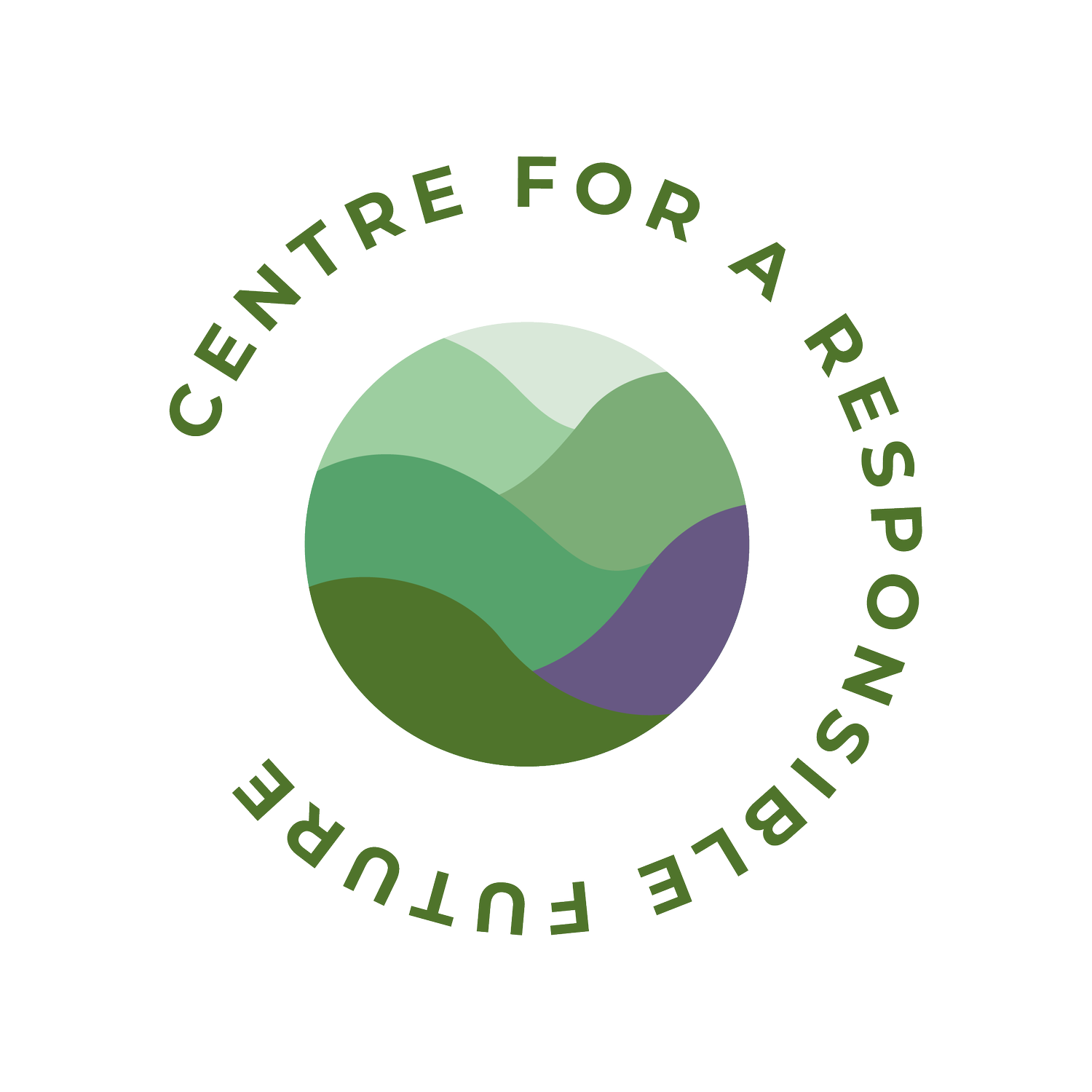How a vegan lifestyle gave Emilie Tan superior endurance
“I first came to adopt a vegan diet to heal my chronic digestive issues, but I never expected all the additional benefits I would get. Now I’m almost a decade into this lifestyle and my energy levels, endurance, recovery, and overall health is superior to what it was in my late teens/early twenties!”
There are many reasons to switch to a plant-based diet, and almost all of them apply to Emilie Tan, a vegan endurance runner and former Junior World Championships speed skater with a fascinating backstory, marked not only by sporting glory but also by major upheaval.
Born in Canada, Emilie was a passionate and highly successful speed skater in her youth, competing in three successive Junior World Championships and winning three gold medals at the prestigious Canada Winter Games in 2003. However, as with so many high-grade athletes thrust into the competitive sport from a young age, Emilie’s passion for speed skating began to dwindle, and as it did her discontent with her lifestyle grew. So, in 2008, she took the enormously bold step of emigrating solo to Australia, armed only with a working holiday Visa, a backpack, and a few thousand dollars in her bank account.
“My life was not going in a direction I liked”
Here she met her husband Luke, a personal trainer born and raised in Singapore. Emilie and Luke moved to Singapore in 2015, and they haven’t looked back. These days, Emilie runs marathons and ultramarathons in ridiculously quick times, conducts personal training sessions for aspiring athletes, and raises her two young children.
Emilie went vegan in 2012, adopting a plant-based diet to combat a debilitating digestive disorder that was taking control of her life.
“Sometimes I was in so much pain I would cry and be depressed. I blamed it on gluten. Sometimes I would not be able to go for a run because I had severe diarrhea, or felt too bloated. It was debilitating.”
After adopting a fully plant-based diet, the problems – quite literally – vanished. And Emilie is still reaping the benefits of her switch to a purely vegan diet to this day: “I feel great and despite a lack of sleep due to having a teething baby, I have a lot of energy!”. As a big animal lover, there are underlying ethical motives too, with Emilie saying veganism “felt right from the beginning”. Over time, environmental concerns have become hugely important to Emilie too: “I believe that both overfishing and the destruction of the Amazon rainforest have the worst impact on the environment and human life, so this is definitely not something I want to support”.
In Emilie’s case, it’s clear that adopting a plant-based diet was crucial in enabling her to continue pursuing her love of the sport. Yet some sports lovers and athletes have deep reservations about what they perceive as the negative impact of veganism on energy levels, ability to build and retain muscle mass, and general health. However, the reverse is actually true, as Emilie highlights: “I know many vegan/vegetarian athletes in endurance sports. It is actually very common now. I think there is pretty much a consensus that a diet high in plant-based foods is optimal for performance and recovery”.
Away from sport, another defining feature of Emilie’s life these days is her motherhood to her two young children – five-year-old Sienna and eight-month-old Sarah. I asked Emilie if her daughters follow a vegan diet:
“Sienna is vegan at home and vegetarian outside the home. She is not interested at all in eating meat but still wants to share birthday cake with her friends. We have been teaching her from a young age and want her to make her own decisions when it comes time to decide what she eats. Our other daughter Sarah is vegan from conception. I plan on following the same path with her as I did with Sienna.”
The hybrid approach Emilie is taking with her own children serves as a fantastic template for other mothers of young children, who want to try a switch to a fully plant-based diet but may be concerned about how that might impact their children’s welfare, especially in a world that still largely misunderstands veganism.
With Veganuary just around the corner, there’s never been a better time to give a vegan diet a go! Emilie is a big supporter of Veganuary, and knows many people who participated in it and decided to become vegan on a permanent basis. Her advice to non-vegans looking to take the plunge in January? “Make sure that you eat enough nutritious foods. Salad alone won’t cut it!”

